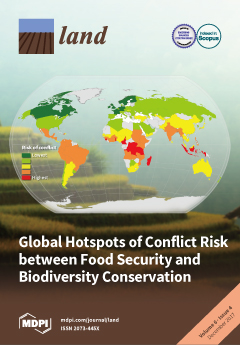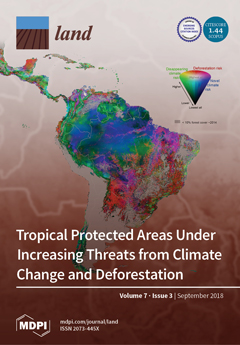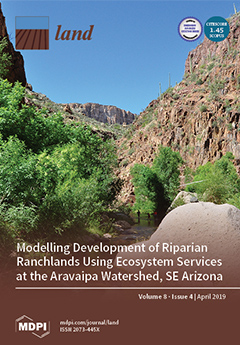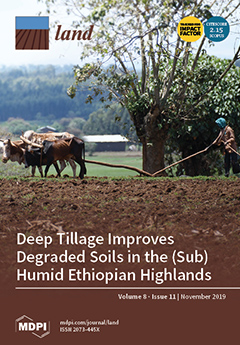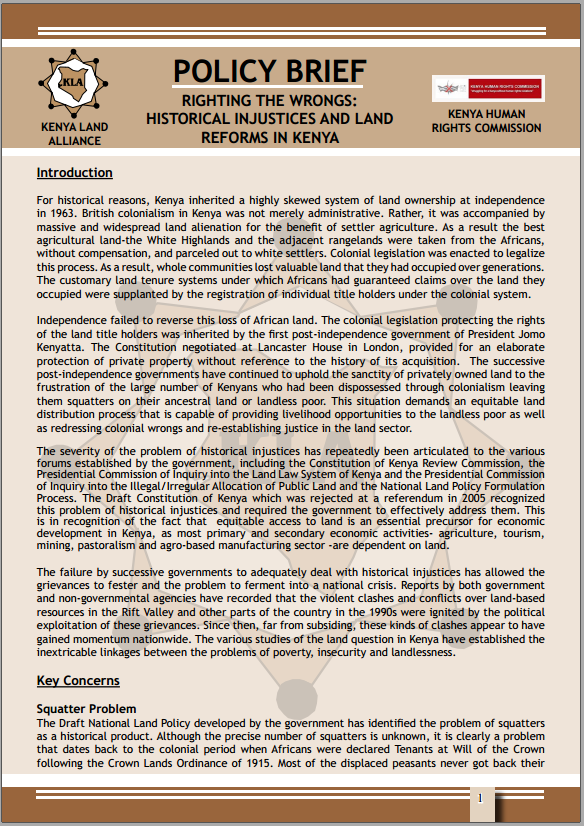Due diligence, tenure and agricultural investment. A guide to the dual responsibilities of private sector lawyers advising on the acquisition of land and natural resources
This guide examines the role and responsibilities of private sector lawyers when advising their clients on agricultural investments. It discusses how lawyers can prevent and/or address and mitigate adverse human rights impacts on holders of legitimate tenure rights when advising on or conducting their due diligence and risk assessment processes on behalf of their clients. It provides a number of key recommendations, including on how to align legal advice with the VGGT and CFS-RAI.


